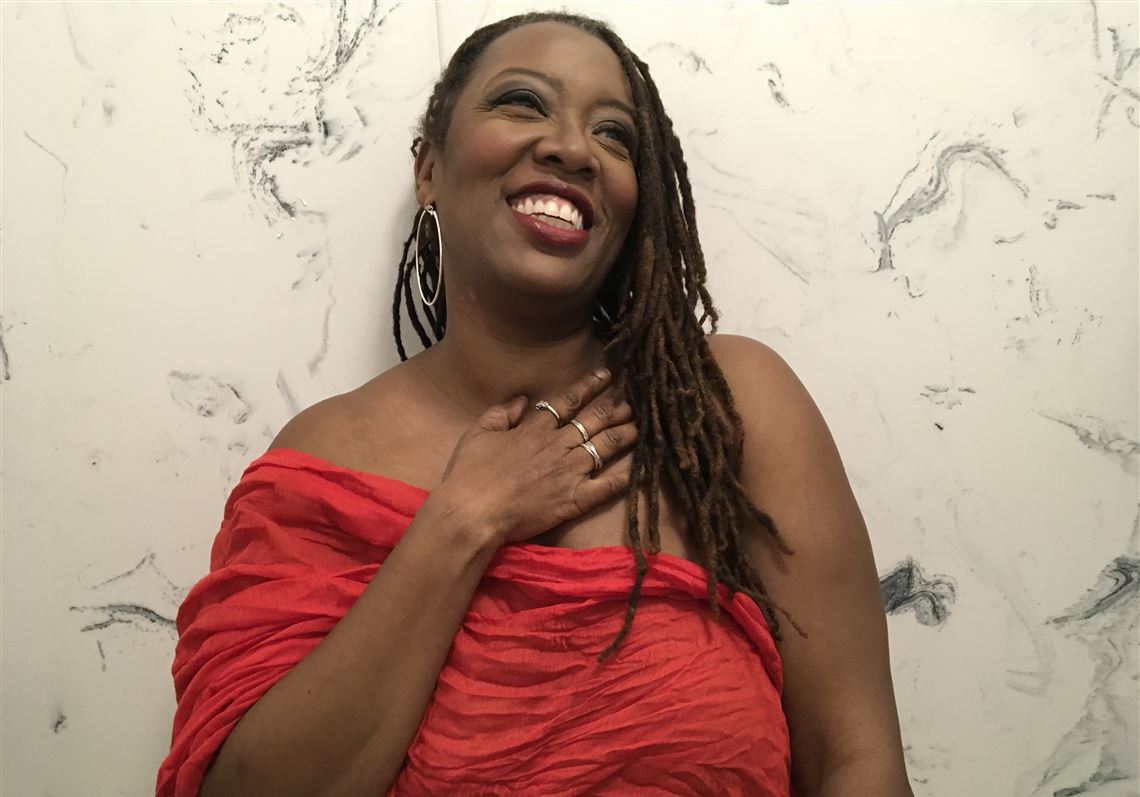Pittsburgh fiction writer Deesha Philyaw dedicated her award-winning short story collection to her daughters “and for everyone trying to get free.”
That search for freedom marinates each of the nine narratives in “The Secret Lives of Church Ladies,” named in 2020 a finalist for the National Book Award and recipient of The Story Prize and PEN/Faulkner Award.
Philyaw, 50, recently addressed her career trajectory, love of old-school writers’ beef, and the upcoming HBO adaptation of her stories that “reveal the beautiful mess of life,” as the National Book Awards describe them. She spoke with a virtual audience at this year’s Great Lakes African American Writers Conference (GLAAWC), produced by Rev. Dr. Leah Lewis.
“I started off writing novels about dissatisfied women,” she said of her earliest drafts. “The early characters were church ladies but I didn’t think of them that way. They were simply women conjured from my memory, and I drew them into my imagination.”
In “Secret Lives of Church Ladies,” the stories are delightfully sexy and compelling. In one, a covert love affair between a pastor and a member of his congregation spans a decade and many, many pans of peach cobbler. In another, a reluctant art teacher finds herself entangled with a scientist. Closing the book is a daughter who finds herself struggling to care for a mother with dementia, who is fixated on the lead singer of The O’Jays.
Writing started as a creative escape for the self-described “stay at home mom with a toddler who never napped.” Philyaw began pouring out short stories and longer fiction pieces, but after her first divorce, she switched to more lucrative avenues — freelancing for magazines, consulting for nonprofits and governmental agencies and teaching at a local college, often at the same time.
Early on, she got advice from a mentor that transformed her view on publishing. “Your growth as a writer is more important than getting published,” she remembers being told. “All of us write terrible first drafts. When you stop resisting revision and welcome it as the only way to make your drafts less terrible, you’re growing as a writer.”
Pittsburgh essayist Damon Young, author of “What Doesn’t Kill You Makes You Blacker,” introduced Philyaw at the conference. He described his friend as a literary Stephen Curry. “She gets better every year,” Young said. “Deesha is an example of how mastery isn’t a static dynamic. It’s a living and breathing process. Mastery involves work.”
That camaraderie between Philyaw and Young extends to a bevy of writers in Pittsburgh and elsewhere. “We are intentionally in community with each other,” she said, noting the famous falling out between Harlem Renaissance contemporaries Zora Neale Hurston and Langston Hughes. “It’s individual writers deciding to be good kinfolk to each other and abandoning the scarcity mindset that says ‘There can only be one.'”
Among the Church Ladies’ fanbase is actress and producer Tessa Thompson, who is adapting the collection for a series on HBOMax. Philyaw is scripting the series with co-writer Tori Sampson: “I want to be able to answer all of the burning questions [about these characters] but add some new complications as well.”
As she closed, Philyaw pushed back on an “age ceiling” in publishing. “I was 49 when ‘Church Ladies’ came out. It took me 20 years to get here. While it may have happened sooner, I’m glad I didn’t rush to publish a book that I didn’t love. But I feel I published the best book I could because I had been growing as a writer over these twenty years. I’m glad I didn’t give up when it got hard.”
